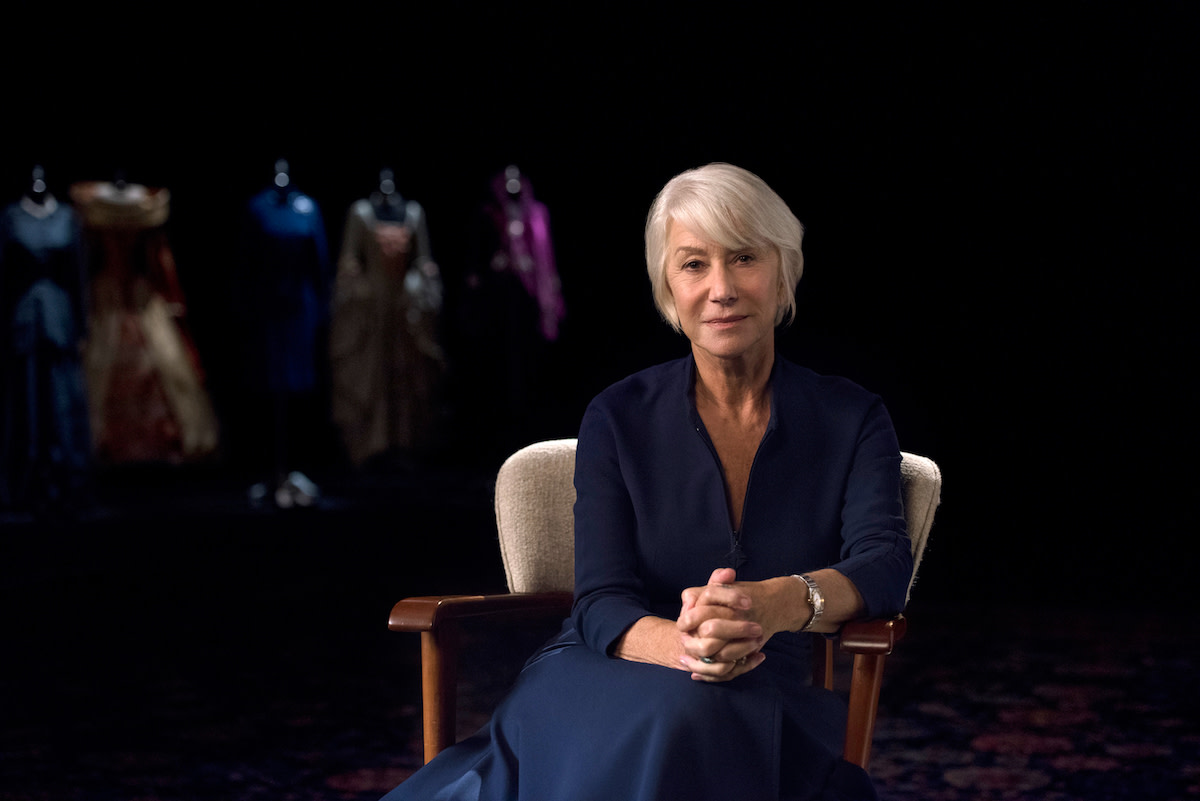Helen Mirren on What Actors Can Learn From Studying Shakespeare
Written by MasterClass
Last updated: Nov 9, 2021 • 3 min read
Shakespearean actors specialize in performing the comedies, tragedies, and histories of Elizabethan English playwright William Shakespeare. They most famously perform on the live stage, but thanks to movie adaptations like Kenneth Branaugh’s Hamlet, Julie Taymor’s Coriolanus, and Trevor Nunn’s Twelfth Night, they have also lent their Shakespearean talents to film and TV.
Learn From the Best
Why Do Actors Study Shakespeare?
What if you’re an actor who does not aspire to perform the works of Shakespeare? Should you still study his plays and the performance techniques employed by Shakespearean actors?
Traditional Shakespearean performance technique falls into a broad category known as classical acting. Most classical actors are well adept at performing Shakespeare and his Elizabethan contemporaries like Christopher Marlowe. They are also skilled at performing the works of the fabled ancient Greek playwrights including Sophocles, Euripedes, and Aeschylus.
Actors who take courses in classical performance—which includes but is not limited to Shakespeare—will learn important physical techniques involving:
- Vocal projection
- Received pronunciation
- Physical gesture
- Posture
Shakespeare and the Use of Language
Shakespearean acting is not at all about broad, exaggerated performance. On the contrary, most Shakespeare professionals would argue that physicality comes second to the most idiomatic aspect of Shakespeare: the use of language.
- Simply put, Shakespeare approached drama and comedy with a lexicon and a poetic style that dwarfs that of contemporary plays, films, and TV shows.
- By studying the rich, poetic, and sometimes thorny language of Shakespeare’s plays, actors train themselves to tackle any passage of poetry and prose, no matter how dense.
- Studying Shakespeare familiarizes actors with age-old dramatic and comedic archetypes, which have been repurposed countless times in the centuries between Shakespeare’s day and the present. An untold known of movies, TV shows, and modern plays pay great homage to the timeless plots of Hamlet, King Lear, Macbeth, Othello, Romeo and Juliet, A Midsummer Night’s Dream, Twelfth Night, As You Like It, The Tempest, Measure for Measure, and more. Even Shakespeare’s histories, where he took artistic liberty with the lives of famous figures like Richard III, Henry V, and Julius Caesar, introduced themes and stories that endure in contemporary writing.
Helen Mirren on What Actors Can Learn From Studying Shakespeare
Helen Mirren is one of the greatest actresses of our time—not to mention an Academy Award winner, Emmy Award winner, Tony Award winner, and Golden Globe winner. Though she did not attend drama school, Mirren underwent intensive training at the prestigious Royal Shakespeare Company in London and also spent a year traveling the world in Peter Brook’s experimental theater company.
As one of the foremost Shakespeare actors of our time, Mirren has developed numerous insights on Shakespeare’s canon. Here are some of Helen’s reflections on her career in Shakespeare:
- Shakespeare presents actors with a profound challenge: to understand and deliver complex poetic lines in a natural way.
- Mirren learned by watching some of the great actors at the Royal Shakespeare Company, and she was amazed by the way they would fully inhabit the language and find nuances in the lines every night.
- She learned that you have to think of Shakespeare in order to make the lines live for you. Developing that deep understanding of the lines through preparation and rehearsal allows you to live in the moment—a miraculous feeling when performing Shakespeare.
How Helen Mirren Breaks Down a Shakespearean Passage
When Mirren breaks down a Shakespeare passage that she’s never performed before, she begins by translating the Elizabethan era poetry into her own contemporary vernacular.
- Mirren emphasizes the importance of speaking Shakespeare with directness and intention; one should never “sing” Shakespeare, and make sure to fully vocalize each word.
- When performing Shakespeare on film, one has the opportunity to develop a more nuanced vocalization without the demand of reaching the person in the last row of the theater, which Mirren experienced when playing Prospera in Julie Taymor’s film adaptation of The Tempest. Mirren’s ability to personally connect to the language is all the more impressive considering that Shakespeare originally wrote the role for a male character named Prospero. Mirren and Taymor re-envisioned the role for a woman—and the results speak for themselves.
Want to Become a Better Actor?
Whether you’re treading the boards or prepping for your next big role in a film or television series, making it in show business requires plenty of practice and a healthy dose of patience. No actor knows this better than the legendary Helen Mirren. In Helen Mirren’s MasterClass on acting, the Academy Award-winning actress shares the techniques she has learned through the course of her international career that has spanned stage, screen, and television.
Want to become a better actor? The MasterClass Annual Membership provides exclusive video lessons from master actors, including Helen Mirren, Samuel L. Jackson, and Natalie Portman.
